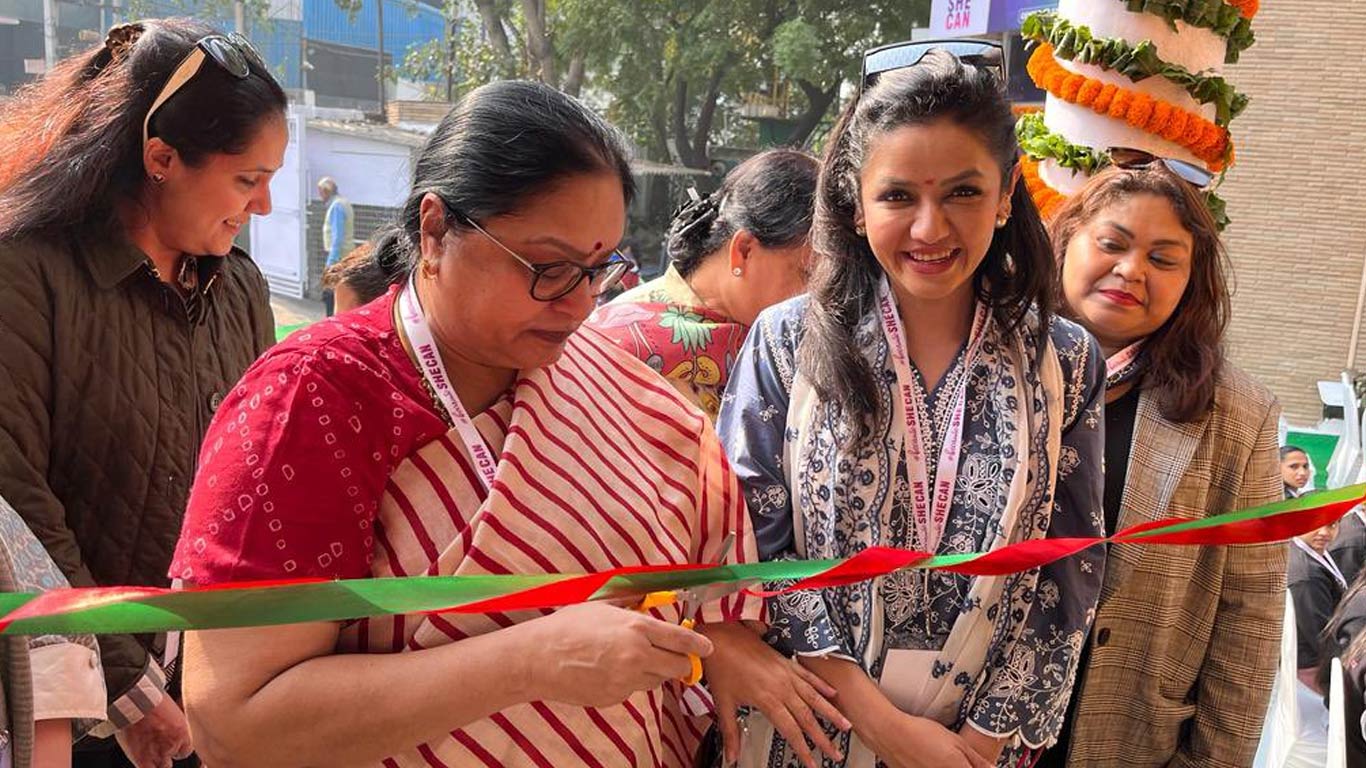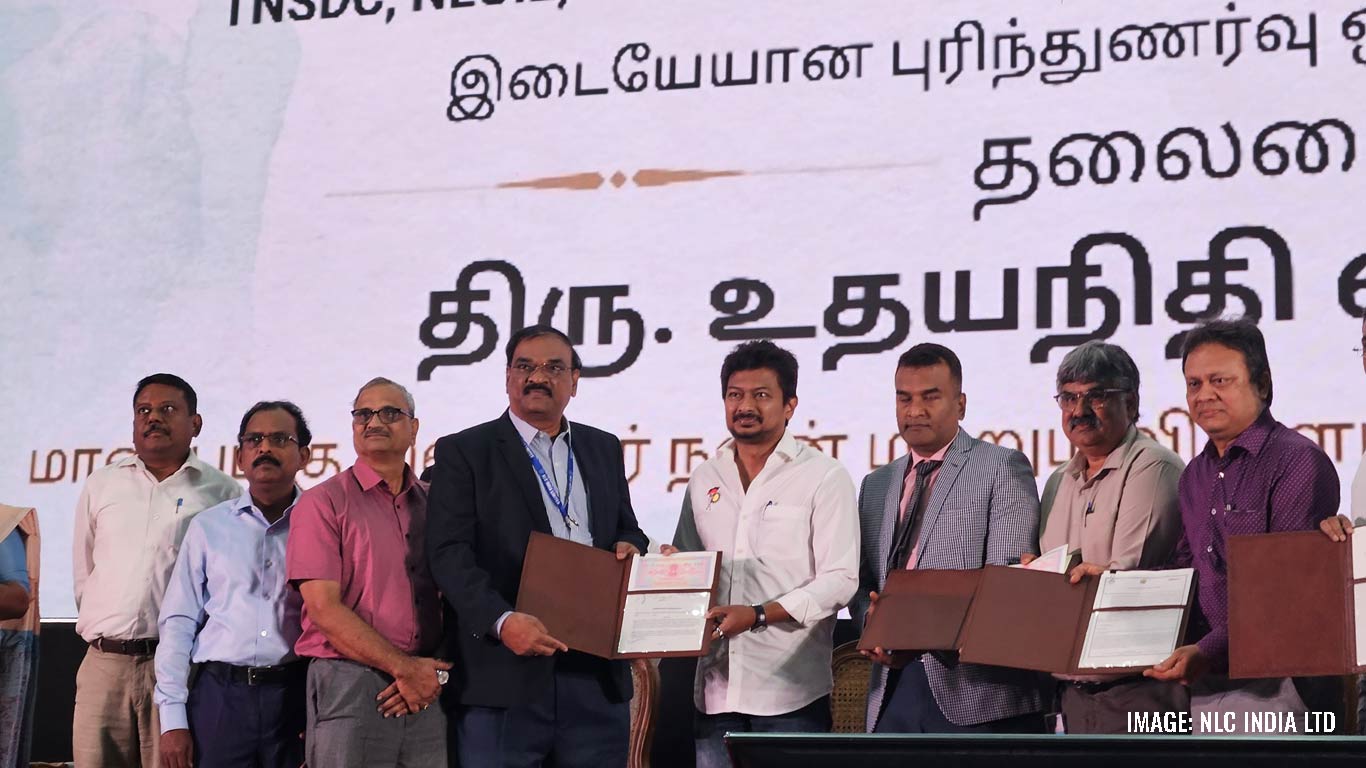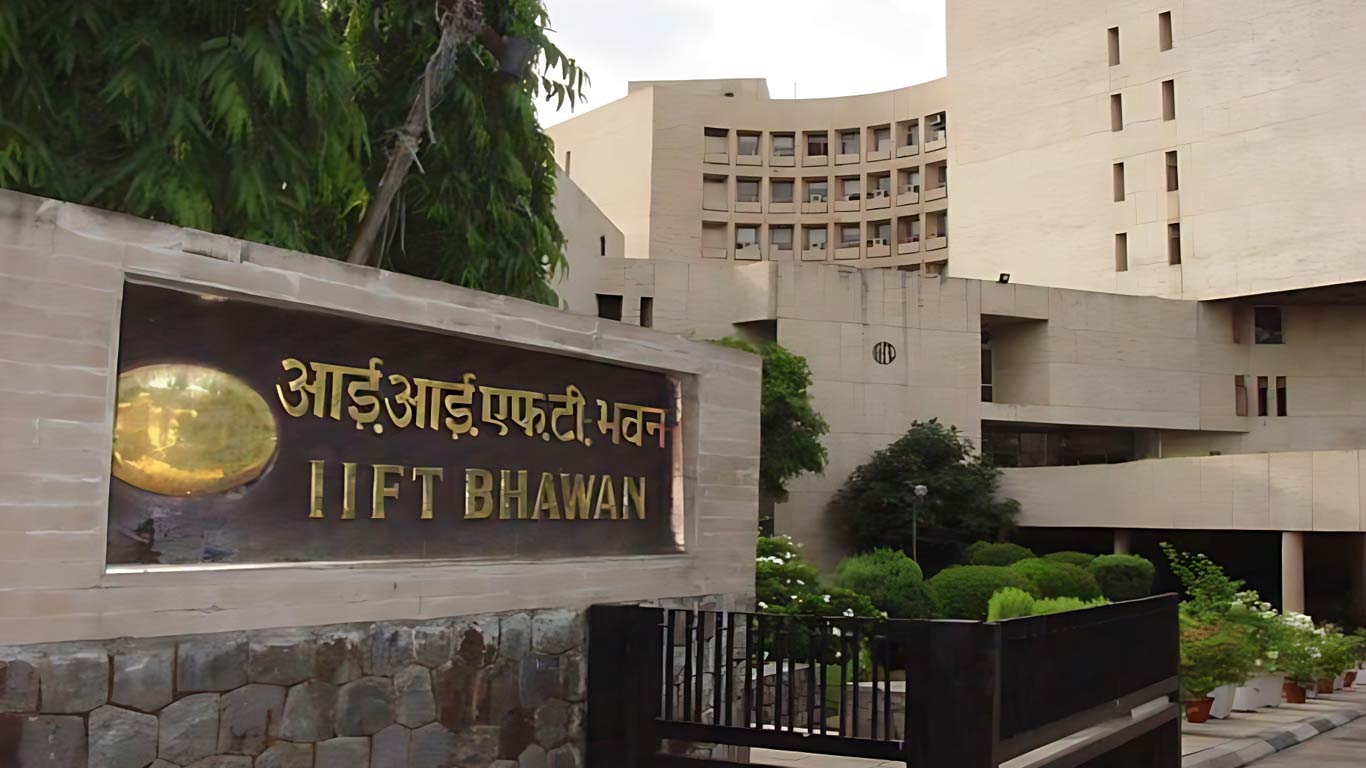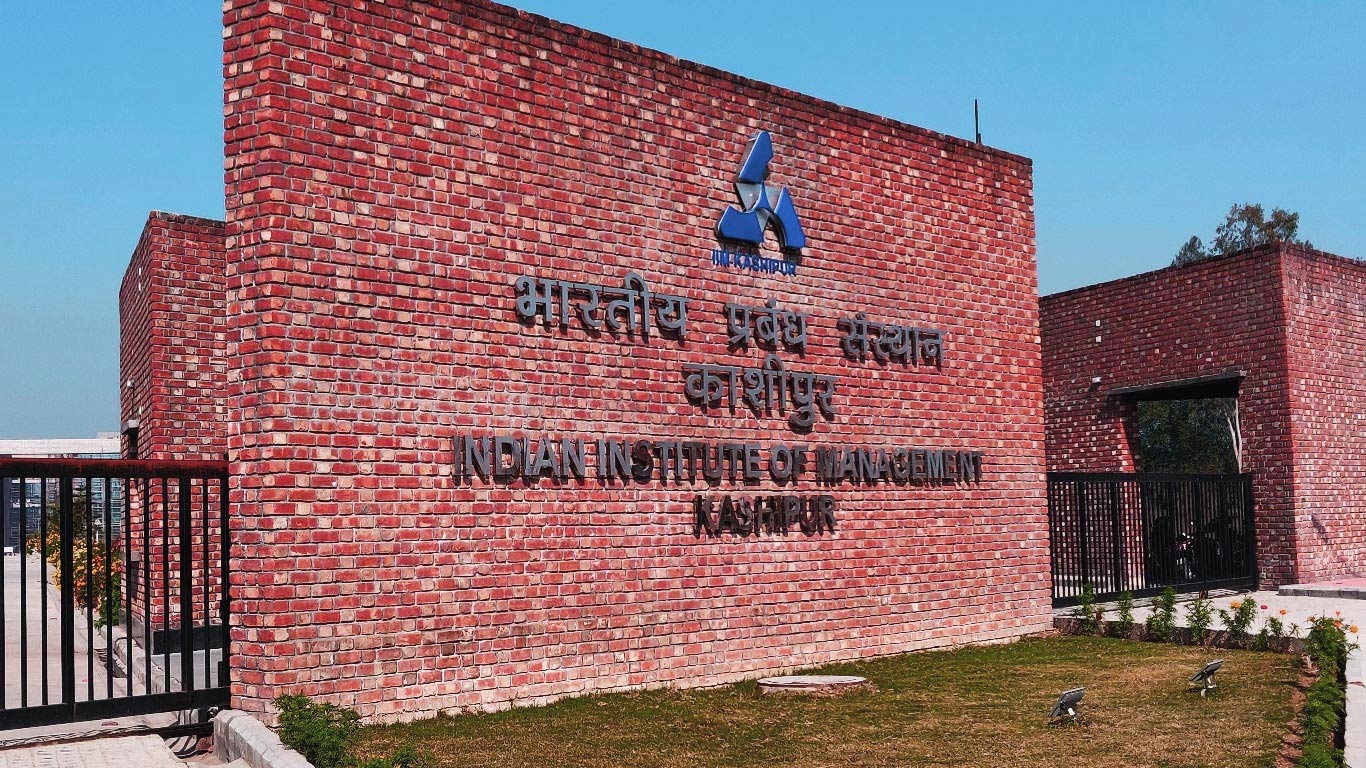Kolkata, Mumbai are hotspots for intense floods, warns World Bank
Updated: Jun 22, 2013 02:03:29pm

The report states that another 2 to 4 degree Celsius in the world average temperature may impact India’s rain pattern.
This could leave some areas under water, while others would struggle for enough water, it said.
The report warns Kolkata and Mumbai as the “hotspots” with threats of extreme floods, intense tropical cyclones, rising sea levels and high temperature.
The report also suggests that an extreme wet monsoon that currently has a chance of occurring only once in 100 years in India is projected to occur every 10 years by the end of this century.
The report, “Turn down the heat: Climate extremes, regional impacts and case of resilience”, looked into the likely impact of a 2 to 4 degree Celsius warming on agricultural production, water resources, coastal ecosystems and cities across South Asia, Sub-Saharan Africa and South East Asia. It states that by 2040, India would see a significant reduction in crop yields because of extreme heat.
The new report finds that if the world warms by 2 degree Celsius - which may happen within the next 20 to 30 years - widespread food and water shortages could unfold, together with prolonged droughts, unprecedented heat-waves, more intense rainfall and flooding, and a significant threat to energy production.
“These are not challenges looming at the end of the century, the report says. Rather, severe impacts can begin to appear within the next 10-20 years, within the span of the current generation. Already, a warming trend has begun to emerge over South Asia, and India’s large and growing population is experiencing water stress in many parts,” the report said.
Increasing temperatures, changing rainfall patterns, declining snowfall, retreating glaciers, and declining groundwater can make the situation even worse. Impacts can be aggravated by rising sea-levels and more intense tropical cyclones, precipitating a major crisis for food security and the rural economy.
Urban populations cannot escape the consequences of global warming, either. Densely populated urban areas, especially those with unplanned urbanization, would be increasingly at risk from prolonged spells of extreme heat, floods, and disease.
“The case for resilience has never been stronger. Already, our world is 0.8 degree Celsius above pre-industrial levels of the 18th century. Irrespective of future emission paths, the warming already underway will lead to a number of climate impacts. Many of the worst impacts could still be avoided by holding warming below 2 degree Celsius, but the window for action is narrowing rapidly,” the report added.
Furthermore, the report said that the onus is clearly on today’s generation to develop heat and drought resistant crops, improve ground water management, invest in water storage infrastructure, build adequate flood defences, improve energy efficiency and the performance of renewable energies, ‘climate-proof’ critical public infrastructure that is locked in for long periods, and make cities more resilient to climate change. To minimize damage from floods and cyclones to human life and property, strong building codes will need to be enforced.
In a very real sense development is the best adaptation – investing in skills, health, knowledge, better infrastructure and a more diversified economy will render countries more climate-resilient, World bank report suggested.
The report therefore demands bold action to ensure that the future of millions is not put at risk. This requires strong political will together with innovation, for early action on climate change will far outweigh the costs in the longer term. (KNN)











